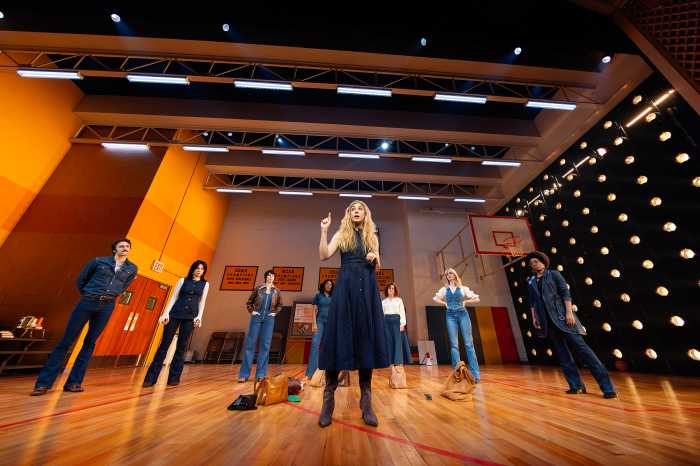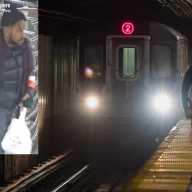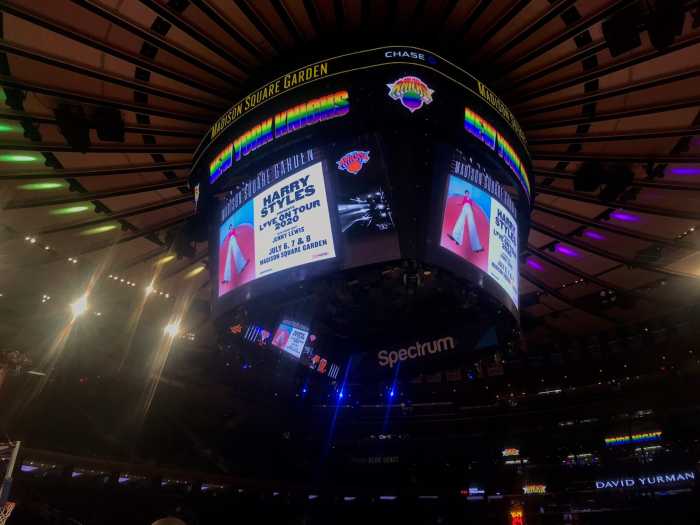Few experiences in life can be more horrifying than looking in a mirror, recognizing our reflection and, consequently, becoming aware of our bodies. The psychoanalyst Jacques Lacan developed an entire, influential theoretical apparatus around it.
The notion has provided the basis for many horror movies, though few, if any, have literalized it to the extent of “Oculus,” a flick centered on a demonic mirror that wreaks all sorts of havoc on a family of four.
Director Mike Flanagan, who co-wrote the script adapted from his short film, has a lot on his mind here, a good degree more than you’d find in an everyday studio horror picture. Primarily, the movie is rooted in the ways memory causes time to collapse and fold in on itself, embodying the axiom of the past not being past.
The picture follows twentysomething siblings Kaylie (Karen Gillan) and Tim (Brenton Thwaites) as they return to their childhood home, the site of their parents’ terrible, violent deaths, and try to grapple with the event that shattered their family 10 years earlier.
Mostly, this involves commandeering the aforementioned possessed Baroque mirror, which Kaylie blames for the tragedy, and masterminding a way to destroy it.
Flanagan shows off a gift for parallel action, with the twin storylines ultimately colliding in a magnificent sequence that amasses terror, dread and regret.
There’s a sliding door effect throughout the movie’s showstopper that’s meticulously choreographed, with the camera gliding across every contour of the home, showing the past and present interacting and the general, disquieting sense of nothing being as it seems reaching a fevered pitch.
“Oculus” is a slow build to that point, though, suffering from one-note characterizations and what is ultimately a pretty thin premise for an entire picture. Mirrors are scary in a solely abstract sense, of course, so the real horrors are built around the ways the family slowly crumbles.
The movie isn’t much of a domestic drama — too much of it can be boiled down to “What’s wrong with mom and dad?” — and the screenplay comes up short when it comes to probing the larger concerns exacerbated by the demonic presence.
Still, the film never takes a lazy route when it comes to the narrative or its visual structure and that’s worth something.





































